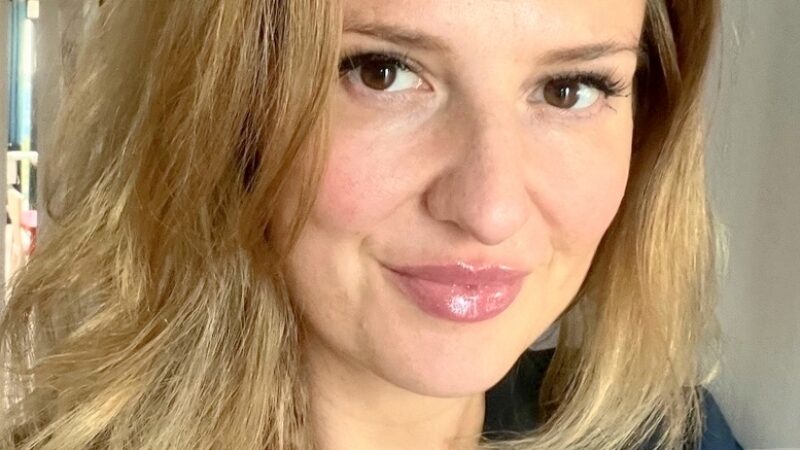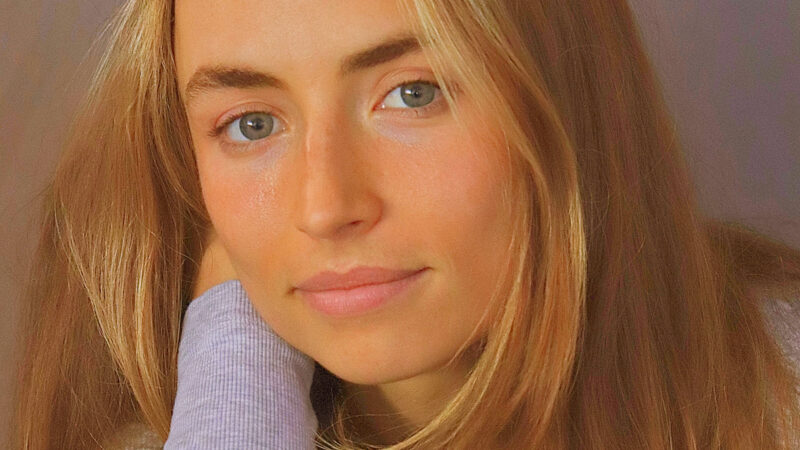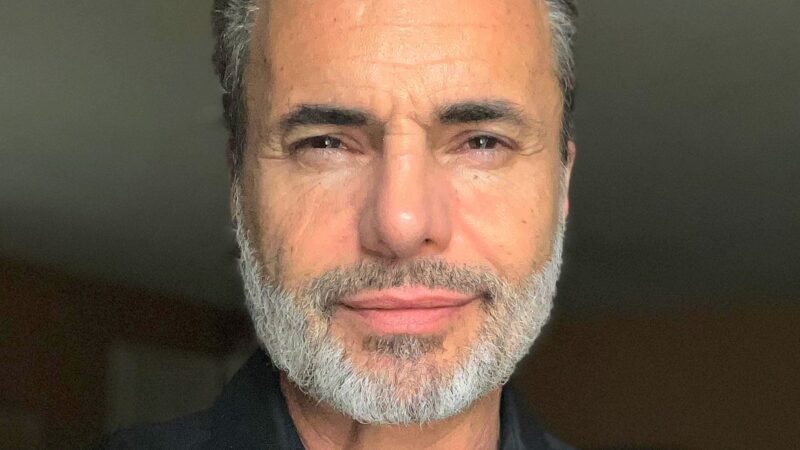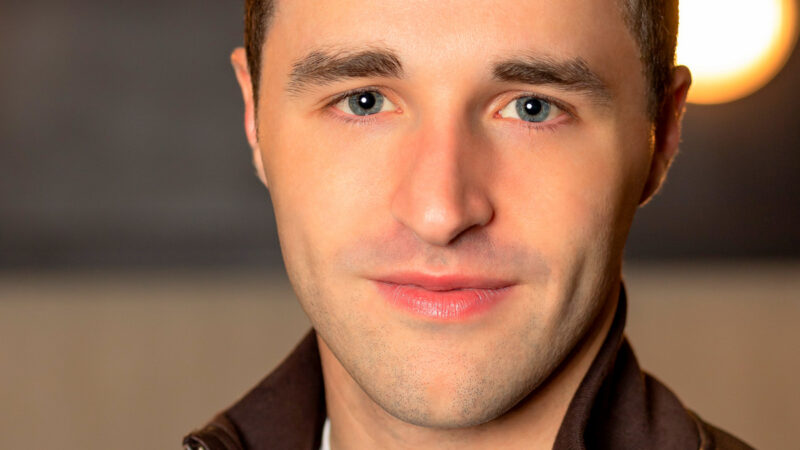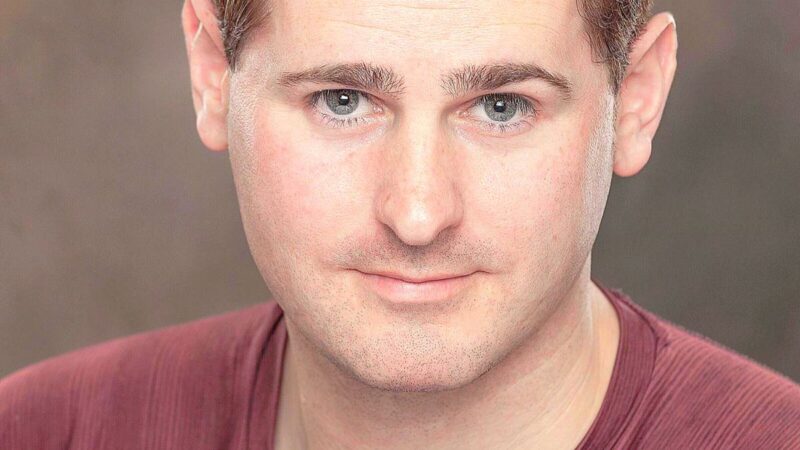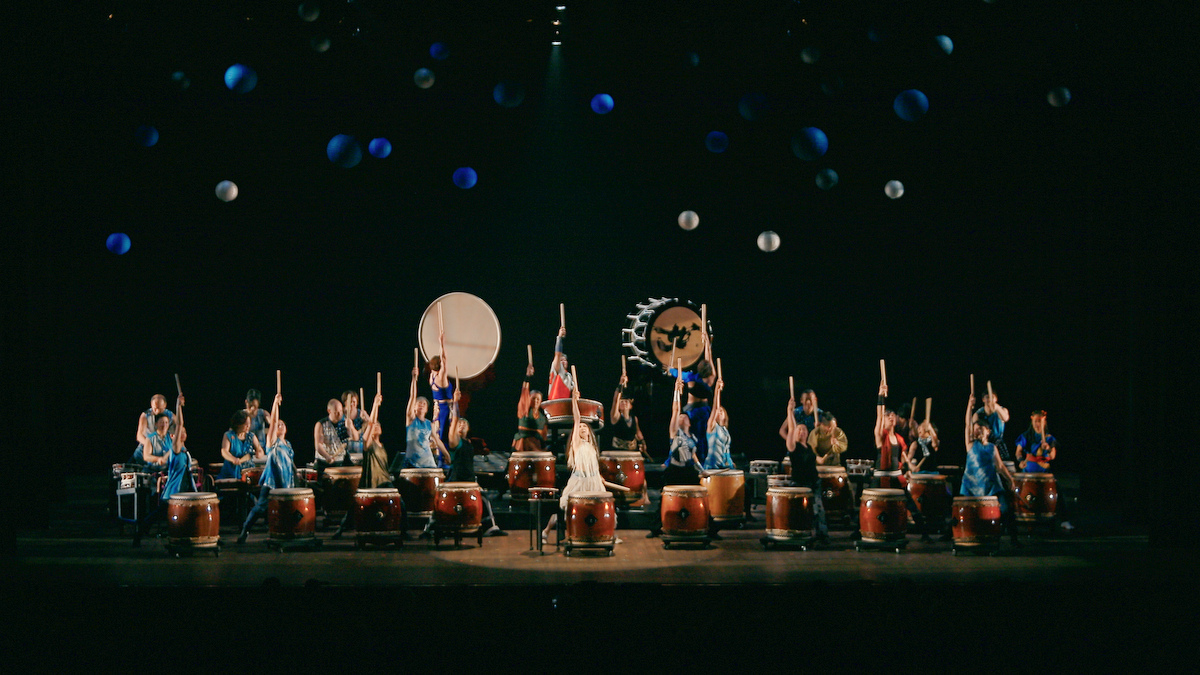
indieactivity: How did you get into directing? How would you describe your style?
Keri Pickett (KP): Filmmaking is my second career. I started out as a photographer and photojournalist and published my personal photography and texts in book form. The desire to tell the story of my uncle’s life has helped turn me into a documentary film director. My style is to tell an interesting story in a compelling way.
Finding Her Beat Documentary Takes Global Stage On Feb 14, 2024Time ceases to be important in Finding Her Beat and it is all about the principal participants’ stories within the story. I am interested in finding the authentic essence of what is happening and focusing on bringing people into a world, scene or action that they would not normally get to see or experience. So my style is headed toward unique responses to universal questions.
What went into the casting process for “Finding Her Beat”?
Keri Pickett (KP): There is no casting in a documentary film-there is the DP following the action and focusing on who or what is moving, emotional, surprising or that which moves the story forward and then the rest is in the edit.
Without giving anything away, tell us a little bit about the script, how did you come up with the idea?
Keri Pickett (KP): Script is NA as in documentary filmmaking the script is built. Dawn Mikkelson spotted the film during a catch-up lunch with her friend Jen Weir.
The Official Trailer for Finding Her Beat Directed by Dawn Mikkelson & Keri Pickett
Who is “Finding Her Beat” for? Who do you think would enjoy it the most?
Keri Pickett (KP): FHB is a love letter to the taiko community and it is a welcome card for everyone who has a dream of ‘belonging.’.
How long did it take to shoot the entire film?
Keri Pickett (KP): The production started in 2017 and for my role, the filming started in the fall of 2018 and we wrapped March 2, 2020. We filmed for approximately 33-35 days.
How long was the post-production process?
Keri Pickett (KP): The post-production process took two years and those were the first two years of the Covid-19 pandemic and the murder of George Floyd and the start of the movement which followed the uprising in South Minneapolis.
The film had a lot of talent working behind the scenes as DPs, sound designers, composers, etc. Why is diversity important both in front of and behind the camera?
Keri Pickett (KP): As a co-director and the Director of Photography I feel so fortunate to be able to work with Shiho Fukada in Japan and Caroline Mariko Stuckey in Minnesota and they helped field-produce as well. Doing post-production during the time of the pandemic opened the door to international composers and we found Me-Lee Hay in Australia and and she told us that as a pan-Asian woman she saw herself in the film and I believe that everyone who worked on the film is committed to the creating our own narrative of representation with a cross-sectional approach.
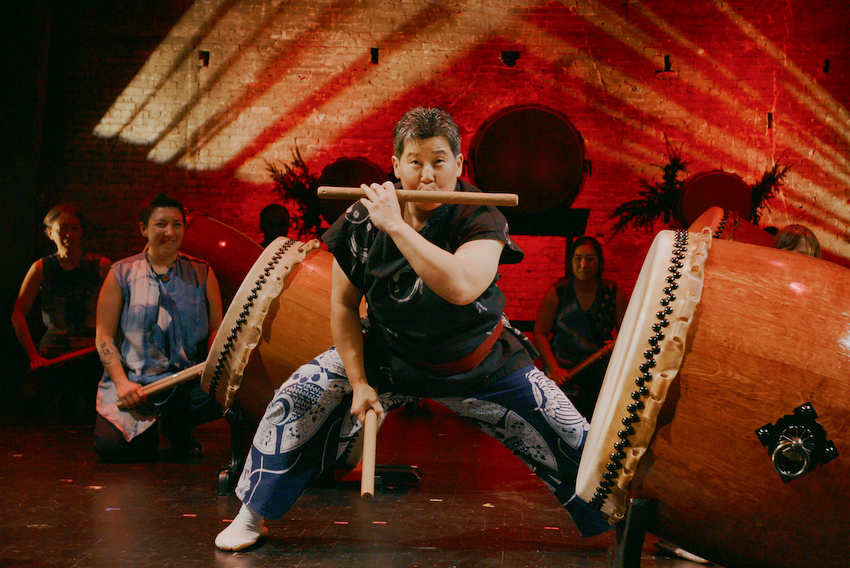
What are your goals with “Finding Her Beat”?
Keri Pickett (KP): We want to lift up the artists and their artistic and personal process of growth and accomplishment. This film journey affirms the idea that artists can help bring healing by lifting up one another, by collaboration and with the drum. The HERbeat artist Kaoly Assano says that this is for OURbeat, this is for world peace.
What’s next for you? What are you working on right now?
Keri Pickett (KP): I am working on two documentary feature films and I have teamed up with my co-director of FINDING HER BEAT Dawn Mikkelson to join as a producer and editor on my family entitled UNCLE ROY and on Indigenous women standing for the water entitled RIBBON SKIRT WARRIORS.
What would you recommend to a new director at the beginning of his/ her journey? Any special courses, workshops, helpful books they can read?
Keri Pickett (KP): Find a story that only you can tell and then perhaps share that dream with others who also want to be filmmakers and then get together and make a film with your phones being creative with all resources.
Who is your favorite director? Why?
Keri Pickett (KP): I like the directors Milos Forman, Spike Lee, Jane Campion, Ava Devaney,
What advice would you give directors around the world?
Keri Pickett (KP): Lets widen the circle of collaborators in order to widen our hearts, mind and eyes.
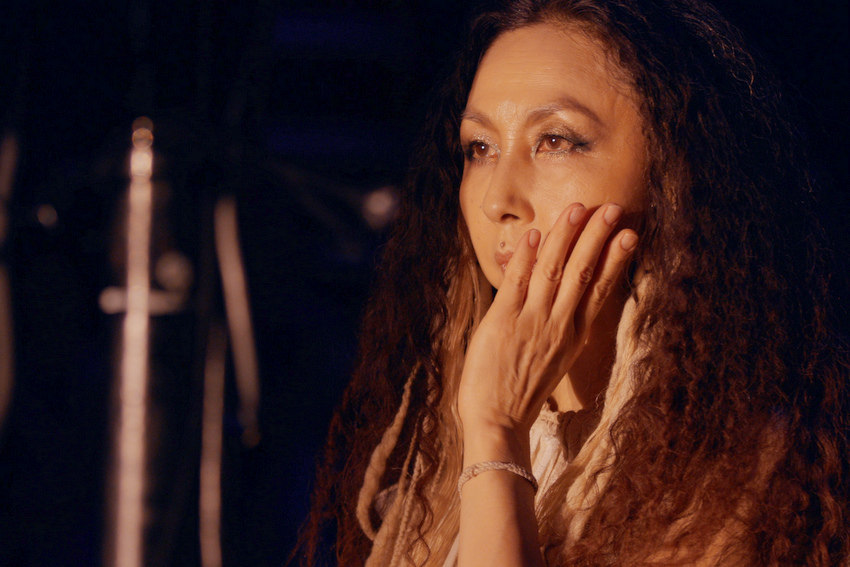
Tell us what you think of the interview with Keri Pickett. What do you think of it? What ideas did you get? Do you have any suggestions? Or did it help you? Let’s have your comments below and/or on Facebook, Instagram, or Twitter.
Socials
Website
IMDb
Facebook
Twitter
Instagram
YouTube
FILMMAKER INTERVIEWS

